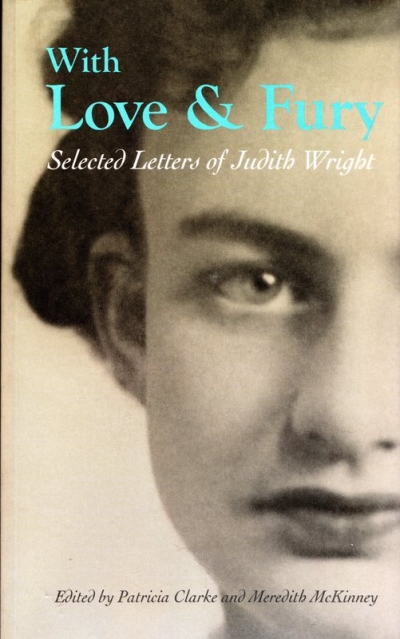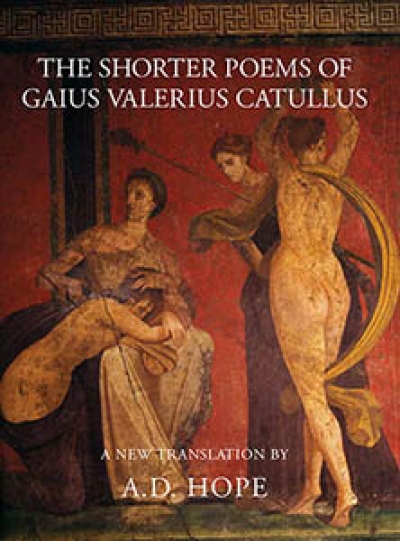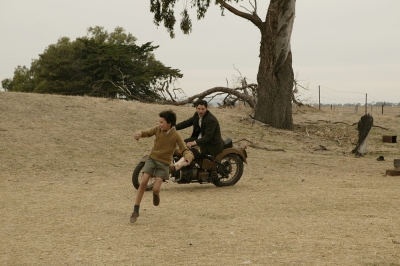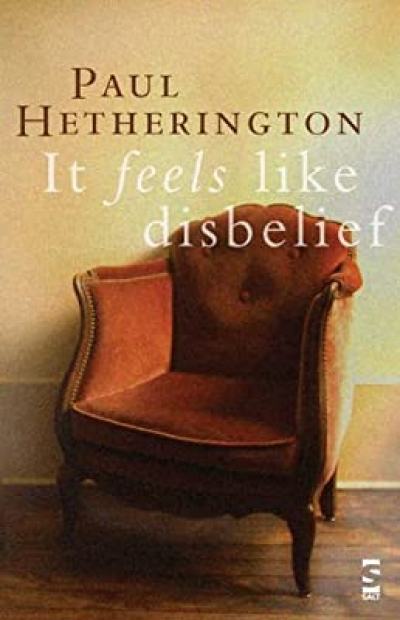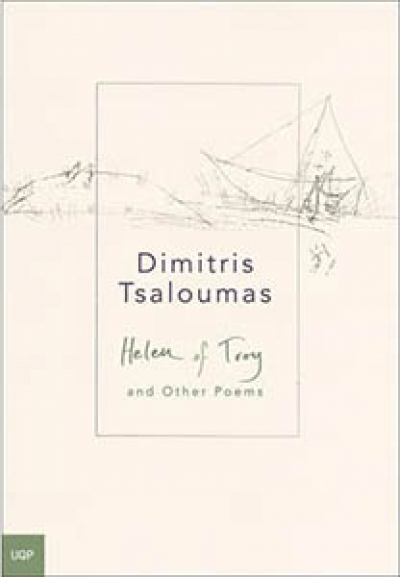Archive
With Love and Fury edited by Patricia Clarke and Meredith McKinney & Portrait of a Friendship edited by Bryony Cosgrove
The Shorter Poems of Gaius Valerius Catullus by Gaius Valerius Catullus, translated by A.D. Hope
When Raimond Gaita’s memoir Romulus, My Father was published in 1998, the acclaim with which it was greeted was ubiquitous. The book was significant not simply because it was a strikingly revealing personal narrative written by a renowned philosopher, but because it managed to present a story that contained large doses of personal tragedy without rendering the experience of reading it either falsely uplifting or overwhelmingly depressing. While offering vivid portraits of an inconstant, depressive wife and mother, and a self-possessed husband and father struggling with his own sense of self-worth, Romulus, My Father celebrated the power of love and friendship in the most subtle, telling and deeply humane ways.
... (read more)We have speculated in the past about literature’s relative slowness to foster the sort of cultural philanthropy that is a mainstay of art galleries, libraries, museums, symphony orchestras and theatre companies. Why this has been the case may be of interest to literary historians, but meanwhile ABR is keen to get on with the task of generating private support for the cause of good writing, independent critique and a lively intellectual climate.
... (read more)Flashing Eyes and Floating Hair: A reading of Gwen Harwood’s pseudonymous poetry by Cassandra L. Atherton
Last year, in the Australian Book Review/La Trobe University Annual Lecture series, Ian Donaldson gave a sparkling talk on biography. He told us that it has emerged as something of a cultural phenomenon in recent years, with a biography section at the front of many bookshops. We now know that the genre has endless possibilities (biographers have written about London, Paris, the pineapple and the potato), and that, despite its dissenters, biography has even become acceptable within the academy. My brother, a paediatrician who works in intensive care, has been known to end telephone conversations by saying: ‘Gotta go, got lives to save.’ Ever since Ian Donaldson’s talk, with its wonderful title, ‘Matters of Life and Death: The Return of Biography’ (ABR, November 2006), I have felt able to say: ‘Gotta go, got lives to write.’
... (read more)
